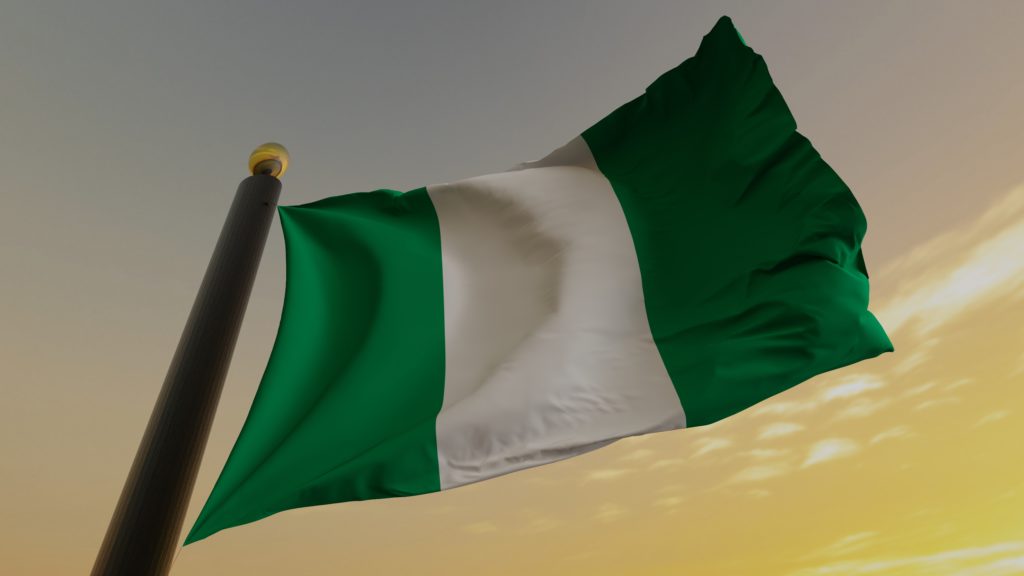
Introduction
Nigeria is a country known for its rich diversity, comprising over 250 ethnic groups with unique cultures, languages, and histories. Among these groups, three are particularly prominent: the Yoruba, Igbo, and Hausa, which are the largest ethnic groups in Nigeria. Each has distinct traditions, beliefs, and social structures that have shaped Nigeria’s identity. This article explores these major ethnic groups, along with several other influential communities, to provide insight into Nigeria’s complex social fabric.
1. Yoruba People
a. Origin and History
The Yoruba are primarily found in southwestern Nigeria, with a history that dates back to ancient kingdoms such as Ife and Oyo. Ife is considered the cradle of Yoruba civilization, believed to be the birthplace of humanity in Yoruba mythology. The Yoruba have a complex system of governance and are known for their rich cultural practices, art, and religion.
b. Language and Culture
Yoruba people speak the Yoruba language, which has several dialects. They are renowned for their vibrant culture, including traditional music, dance, festivals, and attire. Yoruba spirituality is also widely respected, with Ifá religion and Orisha worship being central aspects of their beliefs. Famous festivals include the Osun-Osogbo Festival, a UNESCO-recognized event celebrating the goddess Osun.
c. Contributions to Nigerian Society
The Yoruba have produced notable figures in Nigerian politics, education, and arts. Leaders like Obafemi Awolowo and literary figures such as Nobel Laureate Wole Soyinka have contributed significantly to Nigeria’s development.
2. Igbo People
a. Origin and History
The Igbo people, predominantly located in southeastern Nigeria, have a rich history characterized by trade, agriculture, and resistance to colonialism. They are known for their entrepreneurial spirit and were major players in the Nigerian economy even before colonization. Igbo society traditionally emphasizes community and republicanism, with a decentralized leadership structure.
b. Language and Culture
Igbo people speak the Igbo language, which includes various dialects. Their culture is highlighted by colorful traditional attire, dance, music, and the famous Igbo masquerade festivals. The New Yam Festival (Iri Ji) is a popular annual celebration that signifies the start of the harvest season and honors the earth goddess Ala.
c. Contributions to Nigerian Society
The Igbo have made substantial contributions in business, science, and the arts. Notable individuals like Nnamdi Azikiwe, Nigeria’s first president, and literary giant Chinua Achebe, author of Things Fall Apart, are from the Igbo ethnic group.
3. Hausa People
a. Origin and History
The Hausa people, one of the largest ethnic groups in West Africa, primarily reside in northern Nigeria. Their history includes the formation of powerful city-states and kingdoms, such as Kano and Katsina, and the spread of Islam in the region. The Sokoto Caliphate, established in the 19th century, united the Hausa under Islamic rule and remains influential in northern Nigeria.
b. Language and Culture
Hausa people speak the Hausa language, which serves as a lingua franca across much of West Africa. Hausa culture includes rich traditions in music, dance, and attire, often marked by the use of turbans and flowing robes. Islamic festivals, like Eid al-Fitr and Eid al-Adha, are central to their religious celebrations.
c. Contributions to Nigerian Society
The Hausa have made significant contributions in politics, commerce, and education. Figures like Ahmadu Bello, the Sardauna of Sokoto and a prominent political leader, played a vital role in Nigeria’s independence and development.
4. Other Ethnic Groups
a. Fulani
The Fulani are a traditionally pastoralist ethnic group spread across West Africa, with a significant population in northern Nigeria. Known for their herding culture and nomadic lifestyle, the Fulani played a crucial role in the establishment of the Sokoto Caliphate alongside the Hausa. Today, they are influential in both politics and religion in Nigeria.
b. Kanuri
The Kanuri, based in northeastern Nigeria, have a rich history centered around the Kanem-Bornu Empire. The Kanuri are predominantly Muslim, and their culture is heavily influenced by the Islamic traditions that have been part of their heritage for centuries.
c. Tiv
The Tiv people reside in central Nigeria and are known for their agricultural prowess. Tiv society is structured around family and community units, and they celebrate traditional festivals that honor their ancestors and cultural heritage.
d. Ijaw
The Ijaw, located in the Niger Delta, are one of Nigeria’s oldest ethnic groups. Their lifestyle is closely connected to water, as they live in a region of rivers and creeks. The Ijaw have a unique culture influenced by their environment, and they have been prominent in advocating for the rights of the Niger Delta region.
5. Influence of Major Ethnic Groups on Nigerian Society
a. Language and Communication
The diversity of ethnic groups has enriched Nigeria’s linguistic landscape. While English is the official language, languages like Hausa, Yoruba, and Igbo serve as regional lingua francas, enabling communication across different ethnicities.
b. Festivals and Traditions
Nigerian festivals are often based on ethnic traditions, celebrating everything from harvests to religious occasions. Events such as the Osun-Osogbo Festival, the Durbar festival in Kano, and the New Yam Festival are rooted in ethnic heritage but draw attendance from all Nigerians, showcasing unity in diversity.
c. Political Influence and Representation
The major ethnic groups have played central roles in Nigeria’s politics, often shaping policies and representation at the national level. However, ethnic diversity has also posed challenges, with ethnic rivalries sometimes impacting governance and national unity.
Conclusion
Nigeria’s ethnic diversity is a source of strength and identity for the nation. The Yoruba, Igbo, Hausa, and other groups contribute uniquely to Nigeria’s cultural and political landscape, creating a tapestry of traditions, languages, and beliefs that define Nigeria. While challenges exist, the unity among these groups is essential for Nigeria’s continued growth and development. Embracing this diversity allows Nigeria to celebrate its rich heritage while working together toward a brighter future.



